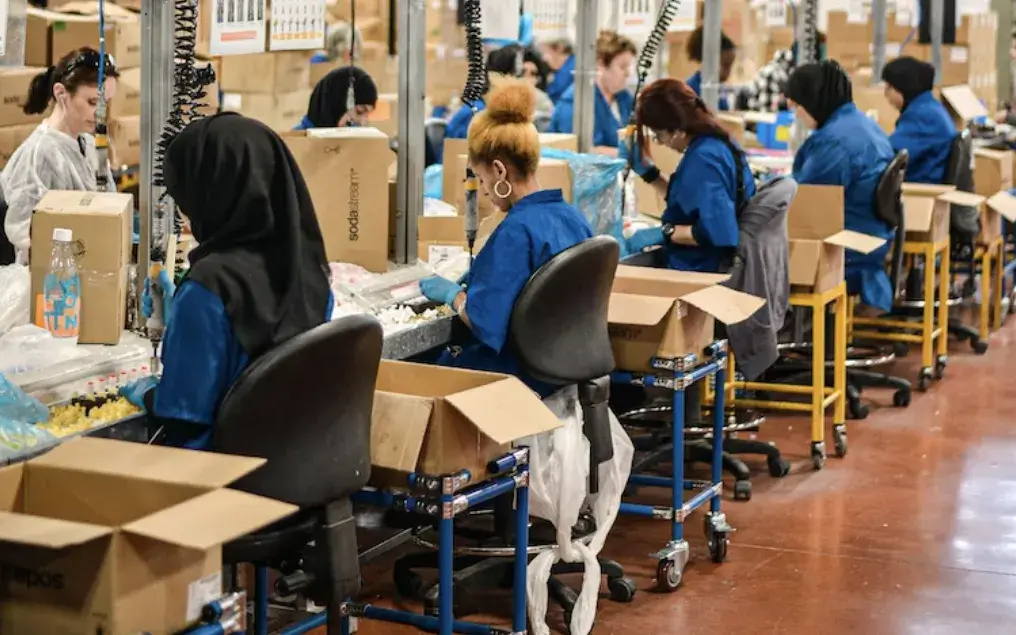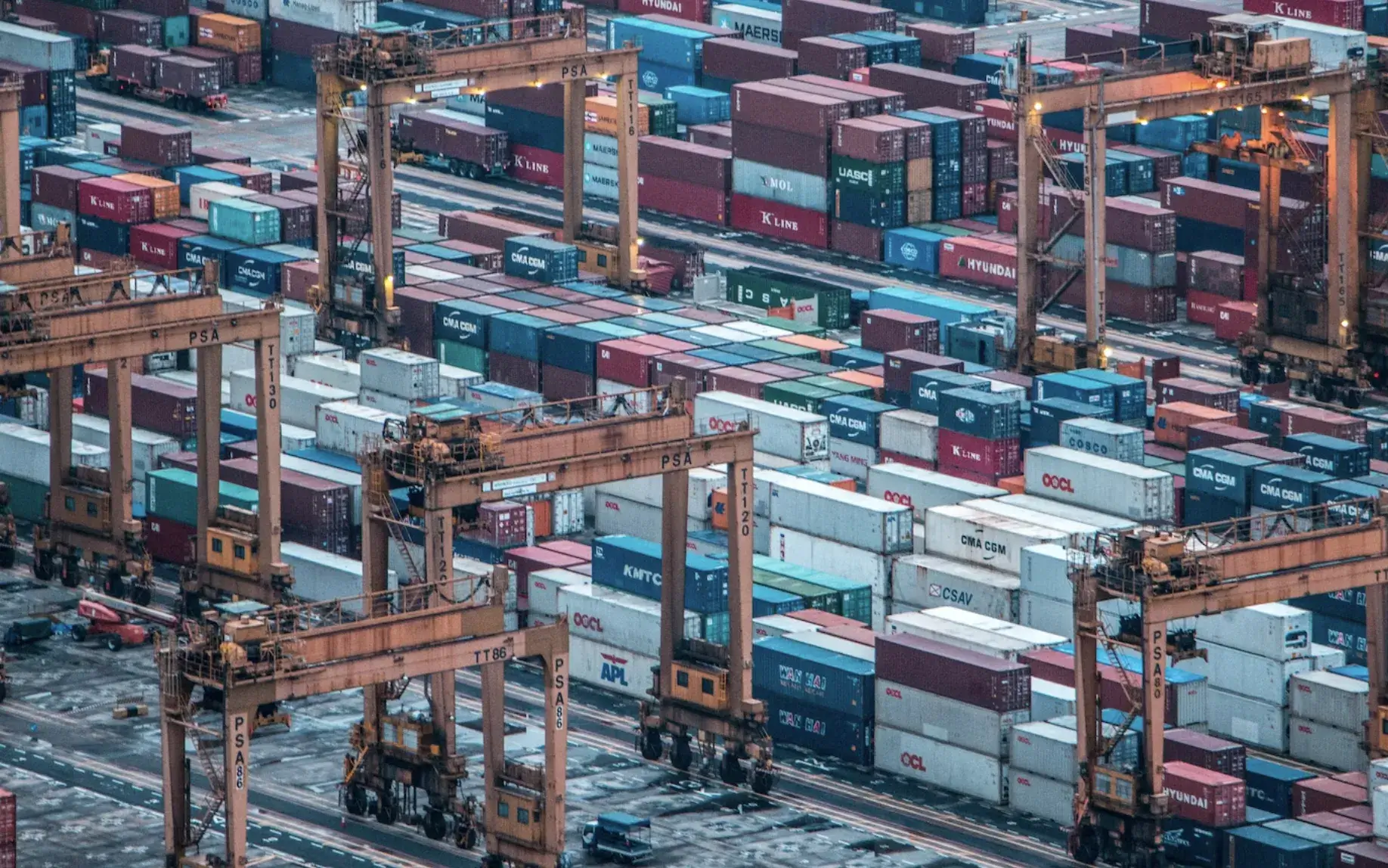Different entities from Lafede.cat and Taula per Colòmbia work to make the Catalan Centre for Business and Human Rights come true, an administrative agency for fighting against the negative impacts caused by the internationalization of the Catalan economy.
On a global scale, episodes of environmental impacts that have caused major natural disasters and situations of human rights violations are diverse. The activities of large transnational companies, for example, oil companies, mining companies and large infrastructures have provoked different critical situations like migrations of entire communities, impacts on the rights of indigenous people, violations of labor rights and, in some specific cases, violent attacks and deaths of human rights defenders.
This global problem is the result of capitalism and the concentration of power in the hands of transnational companies. Different entities of Lafede.cat and Taula per Colòmbia are working for the creation of the Catalan Centre for Business and Human Rights, a public and autonomous body that would guarantee mechanisms of observation and transparency to prevent violations of human rights, more specifically, in the internationalization of the Catalan economy.
Accompaniment to companies to consolidate the defense of human rights
The administrative agency would offer monitoring and a guarantee to Catalan companies, those registered in the territory and those that develop an important activity in Catalonia. It would follow the businesses’ actions abroad to prevent the fraudulent activities of the sub-enterprises that are part of their value chain from happening.
The center is composed of representatives of the government and social entities that work in the defense of human rights. It is a mixed formation. ’Especially speaking of Catalan companies, we are not initially in the position of having a very serious situation, but what we need is to monitor and have tools that will allow us to request information to these companies', explains Marco Aparicio, chairman of the Observatori DESC.
A battle in the process of becoming a reality
Currently, the different entities of Lafede.cat and Taula per Colòmbia are working on a bill that has been accepted and approved by the majority of the Catalan parliamentary groups. The first phase of the process has already begun: every person and organization of an extensive list has to address in the Catalonia’s Parliament to take forward the creation of the centre and approval of the regulations.
“It would put us in a vanguard position. Few sub-state administrations have led to the incorporation of competencies in the defense of human rights. It would place Catalonia on the international map of efforts to guarantee fundamental rights,” says Aparicio. It is estimated that, after parliamentary debate based on the hearings, the law of establishment of the centre could be passed in autumn 2023.
Center tasks and actions
The functions that the Catalan Centre for Enterprise and Human Rights would carry out are several. Some of them would be: promoting coherent policies at the level of the government of Catalonia, accompany companies on international trips, ensure the incorporation of regulatory proposals, supporting investment possibilities and improvements to ensure the defense of human rights.
In addition, it would include the competence to receive complaints and petitions from affected communities in order to initiate a procedure for monitoring and verifying the content of the complaint. “We must be able to request the collaboration of the companies involved to find out, for example, to what extent they take charge of the situation.”, the chairman of the Observatori DESC highlights.
Handwashing in the face of serious violations
Transnational companies have an architecture of impunity, meaning a legal and organizational structure that prevents companies from acting by direct responsibility in cases of human rights violations of their superior corporations. "This is a long-standing problem. Today, we cannot speak of human rights unless we focus on establishing the responsibilities of big companies over their branch offices,” says Marco Aparicio.









Add new comment